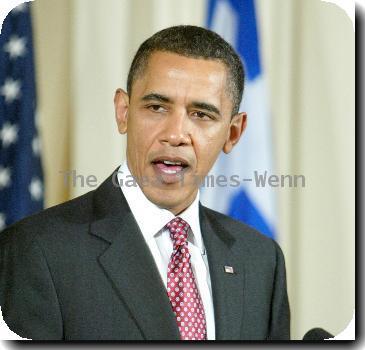UNICEF refocusing on most marginalized of world’s youngsters to save and improve lives
By Anita Snow, APMonday, September 6, 2010
UNICEF refocuses on poorest of poor children
UNITED NATIONS — The U.N. children’s agency says it has failed to reach millions of the world’s neediest boys and girls in slums and remote countryside and is shifting to a strategy of getting critical health care services to the poorest of the poor.
UNICEF’s new approach would likely concentrate more on such initiatives as training rural health workers and building schools in remote areas, and less on building big modern hospitals and universities in cities, said Charlie MacCormack of the non-governmental Save the Children, which UNICEF consulted. It would cost less but also demand more planning and effort, he said.
“This is a refocus for UNICEF, ensuring that equity reaches into the most deprived areas,” the agency’s new executive director, veteran American diplomat Anthony Lake, told The Associated Press.
The UNICEF report comes ahead of a global summit to study the U.N.’s Millennium Development Goals — objectives it set 10 years ago to halve rates of fatal disease, illiteracy, hunger and poverty by 2015 from what they were in 1990.
It says the global mortality rate for children under 5 has been reduced from 90 to 65 per 1,000 live births since 1990. But it notes that mortality rates for infants and toddlers remain high in especially destitute regions such as sub-Saharan Africa, where one of seven children died before their fifth birthday in 2008.
In developing countries overall, boys and girls from the poorest 20 percent of households are twice as likely to die before age 5 as those from the richest 20 percent, the report says.
Dr. Paul Farmer, co-founder of the Boston-based Partners in Health, said in an e-mail from Rwanda that UNICEF’s new strategy, “is an important step toward moving resources down the steep slope of inequality to the children living, and often dying, in poverty around the globe.” His internationally renowned charity uses the same strategy to provide direct health care services to some of the most destitute communities in Haiti and parts of Africa.
“They are right to point out that reported decreases in child mortality belie ballooning inequality and worse outcomes among the most vulnerable: kids on the street and in shanty towns, child laborers and child soldiers, orphans and victims of sex trafficking,” Farmer wrote.
Lake, a foreign policy expert who advised President Barack Obama during his electoral campaign and served as national security adviser in Bill Clinton’s administration, said that the women health workers he watched helping devastated families last month in flood-ravaged Pakistan confirmed that community-based programs can reach the world’s neediest better than modern urban hospitals and state-of-the-art research centers.
“They are the heroes in the fight against the second wave of disease,” Lake said of the 96,000 employees in Pakistan’s Lady Health Workers program, who provide preventive care and education to more than 90 percent of the nation’s rural population. The women have a secondary school education and are trained to provide mostly maternal and child health care and education to about 100 households in each of their villages.
Lake said that extensive data analysis since he joined UNICEF in May shows that grass-roots health, education and other development programs inside the most vulnerable communities could improve the lives of the world’s poorest children significantly and ensure they live long enough to go to school.
The findings are contained in UNICEF’s annual report, “Progress for Children: Achieving the MDGs with Equity.” It comes as U.N. member states start taking stock this month of progress made in the decade since they set Millennium Development Goals — the so-called MDGs — for improving life in developing countries.
Along with community outreach, UNICEF is also studying conditional cash transfers, which reward people for good behavior such as visiting a doctor. The theory is that cash rewards reduce immediate hardship for poor people while reinforcing small but significant actions they can take to improve their long-term stability.
Lawrence Haddad, director of the Institute of Development Studies based in the U.K., was among development experts recently invited to sit on a panel reviewing UNICEF’s new focus. On his blog, “Development Horizons,” Haddad wrote last month that the ideas presented “did challenge some of my preconceived ideas” and made him think that the refocus could work.
“The idea isn’t new, but getting serious about it and developing a strategy like this is unusual,” said MacCormack of Save the Children.
“It’s harder to reach and impact those who are most marginalized,” MacCormack said in a telephone interview from the international group’s headquarters in Westport, Connecticut. “They are often geographically remote, social pariahs, discriminated against.”
He said that countries including China, South Korea, Taiwan, Canada and throughout Scandinavia have been especially effective in using community outreach to improve the lives of their most marginalized citizens.
“We are not going to create a level playing field for the world’s young people if we don’t make this effort,” Save the Children’s MacCormack said. “And for the U.N., there is no way to get close to achieving the Millennium Development Goals unless we make an effort to get to the hardest to reach.”
Tags: Asia, Barack Obama, Bill Clinton, Child And Teen Health, East Asia, Health Care Industry, United Nations

